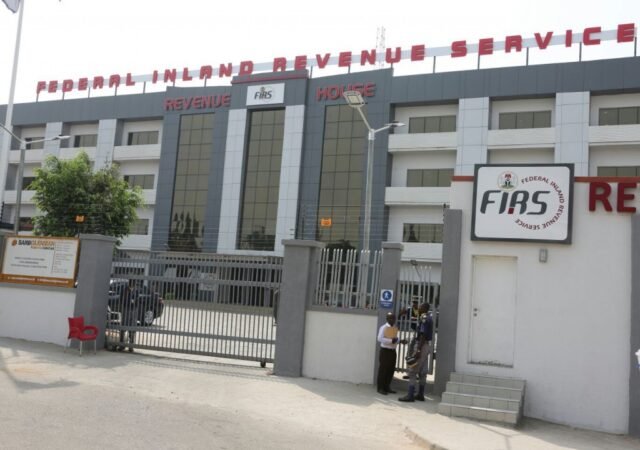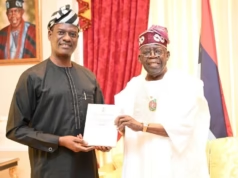The Federal Inland Revenue Service (FIRS) has officially launched its much-anticipated Merchant-Buyer Solution (MBS), an electronic invoicing system designed to modernise tax administration, close revenue leakages, and increase transparency in Nigeria’s business environment.
The platform went live on 1 August 2025, after an intensive pilot phase that began in November 2024, involving selected large companies. According to FIRS, the MBS is not just a technical upgrade — it represents a fundamental shift in how tax information is captured, reported, and verified in real time.
Table of Contents
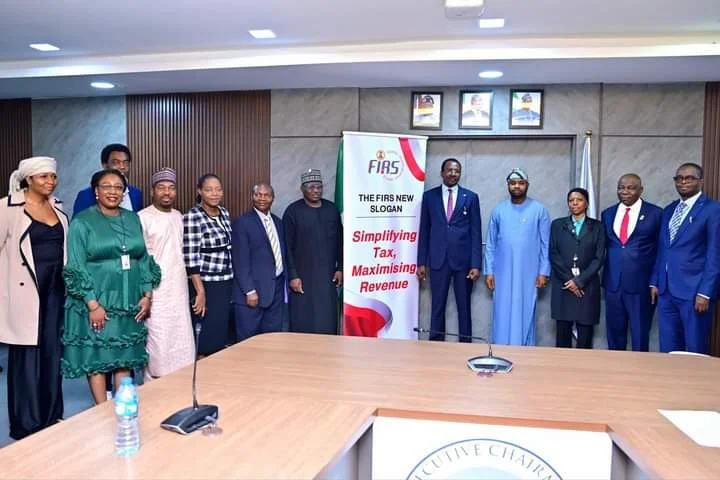
Strong Early Adoption from Major Firms
Within two weeks of its official launch, the system has recorded significant uptake, with over 1,000 large corporate taxpayers — representing about 20% of more than 5,000 eligible companies — already integrated or in advanced onboarding stages.
MTN Nigeria became the first to transmit a live e-invoice through the system, marking a symbolic milestone for the project. Huawei Nigeria and IHS Nigeria have completed test transmissions and are expected to go fully live in the coming weeks.
The rollout currently targets large taxpayers — defined as businesses with an annual turnover of ₦5 billion or more — but the plan is to expand coverage to medium-sized and eventually smaller enterprises in phases.
Why the E-Invoicing System Matters
The MBS platform allows businesses to issue invoices that are authentic, complete, and accurate at the point of creation. Every transaction is captured in real time, giving tax authorities an up-to-the-minute view of taxable economic activity.
This level of transparency addresses a long-standing challenge in Nigeria’s tax landscape: undocumented and under-reported transactions. It is also expected to reduce tax disputes, improve collection efficiency, and align Nigeria’s tax practices with global standards in countries such as Brazil, Chile, and South Africa, where e-invoicing has delivered significant revenue boosts.
FIRS Chairman Zacch Adedeji explained during the launch event:
“The e-invoicing solution is part of our wider commitment to ensure that every taxable transaction is visible, verifiable, and correctly assessed without creating an undue burden for businesses. It’s a win for both taxpayers and the nation.”
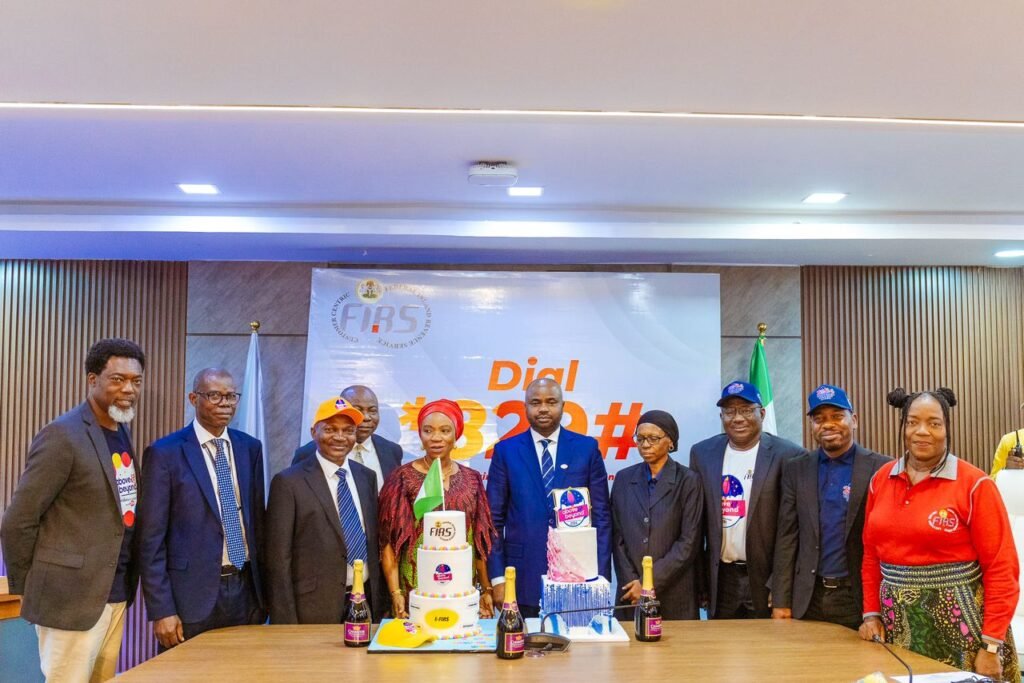
Support for Businesses
To ensure a smooth onboarding process, FIRS is working closely with the National Information Technology Development Agency (NITDA) to certify System Integrators and Access Point Providers. These accredited service partners will help businesses connect their internal accounting or ERP systems directly to the MBS platform.
The tax authority has also rolled out training workshops, webinars, and user manuals, helping finance teams and IT departments adapt their processes with minimal disruption.
Extended Deadline for Compliance
While the original deadline for compliance was 1 August 2025, FIRS has extended the grace period to 1 November 2025, giving companies an additional three months to finalise integration.
This decision follows feedback from several businesses that cited challenges in aligning their existing systems with the MBS requirements. FIRS has assured the private sector that no penalties will apply during the grace period, provided companies are actively working towards compliance.
Key Benefits of the MBS Platform
The e-invoicing system offers several notable advantages:
| Benefit | Impact |
|---|---|
| Real-time visibility | Tax authorities can track transactions as they happen. |
| Revenue assurance | Reduces under-reporting and fraudulent invoicing. |
| Efficiency | Less manual paperwork for both businesses and FIRS staff. |
| Data-driven policy | Accurate transaction data supports better economic planning. |
| Global alignment | Positions Nigeria alongside countries using digital tax systems. |
Long-Term Vision
The e-invoicing platform is anchored in the Nigeria Revenue Services Reform Act, which seeks to create a single source of truth for tax records and promote inter-agency collaboration.
In the long term, FIRS plans to integrate the MBS with other government platforms, such as the Nigeria Customs Service and the Corporate Affairs Commission, to create a fully digital, interconnected fiscal ecosystem.
When fully rolled out to all business categories, the system could significantly boost Nigeria’s non-oil revenue base, making the country less dependent on volatile oil exports.
What Businesses Should Do Now
With the November deadline approaching, large taxpayers are encouraged to:
- Engage certified service providers early to avoid last-minute integration bottlenecks.
- Train finance and IT teams on system usage and compliance requirements.
- Test invoice submissions ahead of the live date to ensure accuracy.
- Stay informed through FIRS communication channels and stakeholder forums.
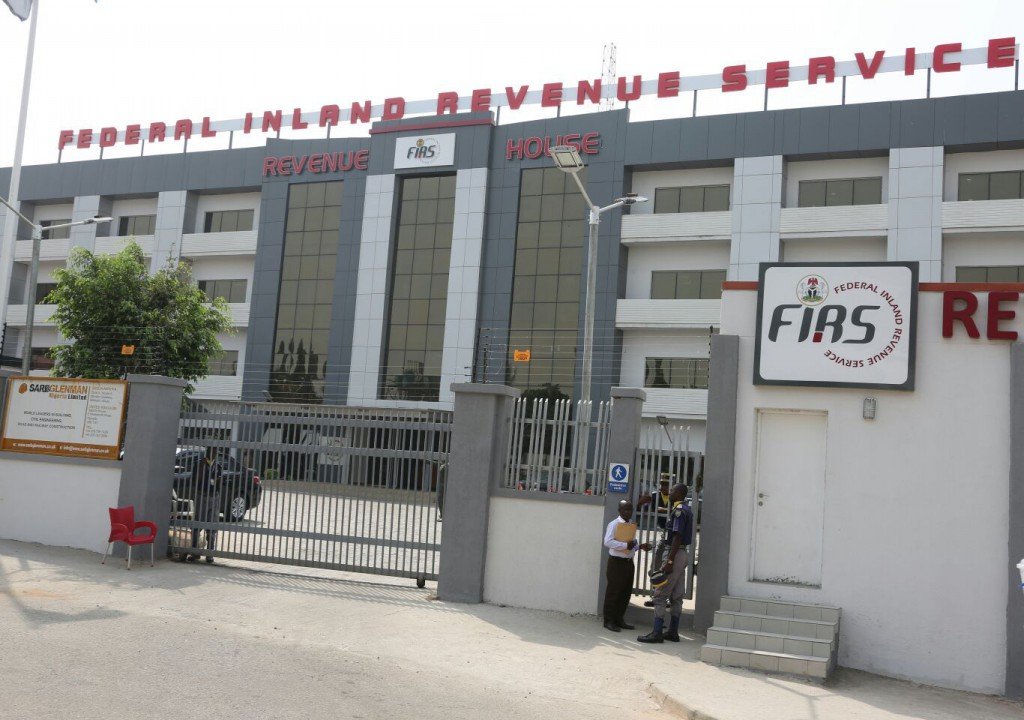
Expert Opinion
Tax consultant and digital compliance expert, Mrs. Funke Adebanjo, believes the system will be a game-changer:
“Nigeria’s tax-to-GDP ratio has long lagged behind global averages. With this tool, FIRS can plug leakages and businesses can operate with greater certainty. But the success will depend on continuous collaboration between the private sector and the tax authority.”
Conclusion
The launch of the FIRS e-invoicing solution marks a critical turning point in Nigeria’s quest for a more transparent, efficient, and fair tax system. Early adoption rates suggest that many businesses recognise its potential benefits.
If implemented effectively and supported with the right infrastructure, the MBS could become one of the most impactful tax reforms in Nigeria’s history — improving revenue generation while reducing the compliance burden for businesses.
Join Our Social Media Channels:
WhatsApp: NaijaEyes
Facebook: NaijaEyes
Twitter: NaijaEyes
Instagram: NaijaEyes
TikTok: NaijaEyes


